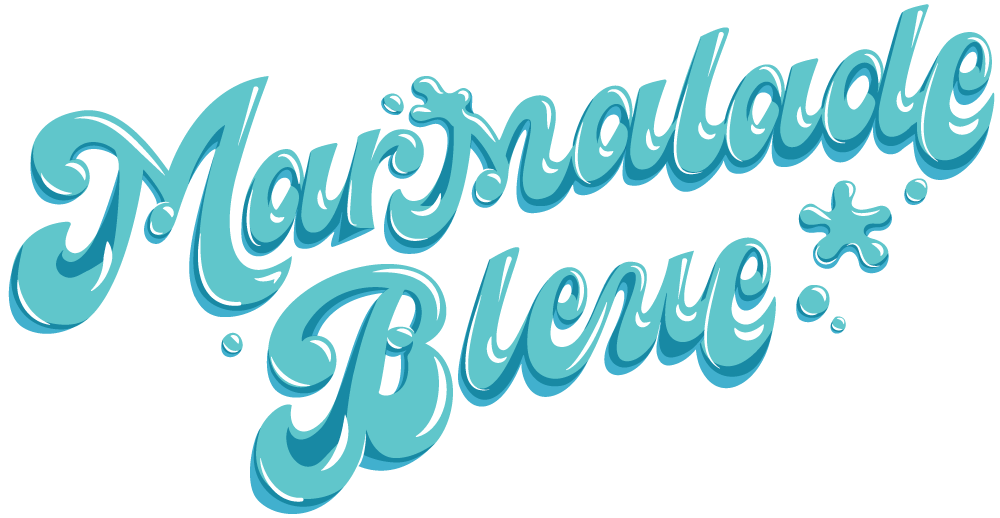Selling Your Soul: Can Artists Consciously Work with Big Brands?
In the last year, I’ve been fortunate to work for two of the largest companies in the world. While the paycheck was lovely, both projects generated significant internal conflict. I said yes to both and opted to publish the work. This tension was augmented when people privately approached me asking what this meant for my ethics, and I completely understand. The boundary line between solo entrepreneur business and personal brand is very, very fuzzy these days. Is it possible to be socially conscious and garner a paycheck? Absolutely.
The reality is that we all make concessions because our capitalistic market requires them to thrive. Yes, there are hard lines in the sand, but there are more opportunities to find alignments than not. Often value is found in ancillary circumstances: collaborating with relaxed and talented partners, feeling piqued by the concept or challenged to problem solve. A team that values my work encourages my interest in their project and product by proxy. Sometimes the work itself is excellent, and I cannot help but share with my audience. It is uncommon that I use the products of companies I service, though when I do, it is an immense pleasure to create stunning visual campaigns for something I enjoy.
“As small businesses, we can’t solve these brands’ idiosyncrasies, but we can anchor our messages to the values we support. Can we find a way to bring impactful work into existence for someone that wouldn’t be reached otherwise?”
I am constantly searching for the alignment of the truest truth between myself and the brands I service. Where can I celebrate synchronicity? A gaggle of business people is called a brand, a massive, nebulous entity with various teams managing different target audiences and messages. They play both sides of the fence. Therefore it is impossible to promote one ideal without negating multiple others. As small businesses, we can’t solve these brands’ idiosyncrasies, but we can anchor our messages to the values we support. Can we find a way to bring impactful work into existence for someone that wouldn’t be reached otherwise? If a stay-at-home mom or Wall Street trader gives a shit because I spoke to them in a voice and language they trust, I have done my job.
Because my brand is so personal, I have struggled with placing distance between myself and my business. This has become further complicated by processing traumatic experiences through my work. When a creative signs up to work with a corporate juggernaut, it gives us space to breathe. There’s only so much control we can exercise in the hands of social management teams and vast audiences. However, it is critical to grasp that we can align on a message without aligning on values. Values are tenants of our vision, the guideposts of our businesses. They can be casual and irreverent, but it’s crucial that businesses embody them consistently. Messages change. An entity that traditionally neglects minorities may choose to observe Black History Month or Pride. A message may reflect the vision of the social team or marketing department without embodying the values of the corporation. Messages are timely and ephemeral. Values can outlast an entity or individual.
Individual ethics take a hit when a solo entity contradicts themselves within their own brand values. As small businesses, it’s crucial to keep that straight. There’s less forgiveness for us because the differentiation between personhood and brand only continues to shrink. To misstep on values looks like talking out of both sides of our mouths, and while collective memory is mercifully short, the Internet’s is photographically long.
“Values are deeply individualized and weighed with a personal barometer. This enables my peers and myself to partner with entities we may not align with completely while intrinsically understanding why this is permissible.”
Values are deeply individualized and weighed with a personal barometer. This enables my peers and myself to partner with entities we may not align with completely while intrinsically understanding why this is permissible. Some have religious aversions to alcohol and coffee but create identity systems for alcohol and coffee brands. Some are outspoken about loathing debt and create campaigns for credit card companies. I cannot explain how they sleep at night, but it’s also not my job to judge. In some cases, the money is badly needed. In other circumstances, taking corporate money and using it “for good” is reason enough to align.
Regardless of chosen partners or campaigns deemed promotable, creative work is ultimately judged by the audience, who will determine the message’s success or failure. Brands aren’t chasing inspiration. Inspiration falls short of impact these days because everyone is inspirational. Look at us out here creating and thriving against all odds! The differentiator and the money is found in generating motivation. Motivation requires work from the viewer, a reciprocation of care, whereas inspiration is almost pornographic. One can absorb inspiration and continue scrolling to the next good vibe. However, encourage a viewer to research, buy, argue, think, and the work has proved impactful, powerful. The viewer will know when the message misfires, but this doesn’t diminish our value for services rendered. What we offer is a mirror for truth, whatever that reflects.

